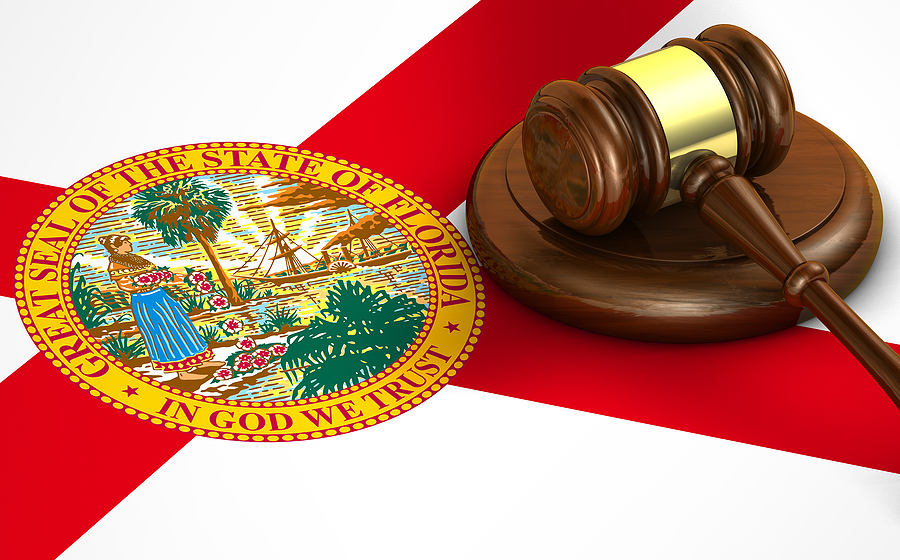Foreign Nationals Owning Real Estate in Florida

Recent Case Highlights the Importance of Strict Compliance with Condominium Riders
December 12, 2023
Recent case Highlights the Importance of Attention to Details in Real Estate Transactions: Lessons from a minor oversight
February 6, 2024
Understanding the Definition of a Foreign Principal: A Legal Perspective
One of the most controversial laws that restrict property ownership by Foreign Nationals took effect on July 1, 2023. This law comes with a complex landscape of international relations and legal restrictions. The term “foreign principal” often arises, especially in the context of property ownership in the United States. This term, as defined by statute, encompasses a broad range of individuals and entities, primarily focusing on connections to specific foreign countries that have been identified in Florida Statutes sections 692.201 and 692.205.
Who Qualifies as a Foreign Principal?
Primarily, a foreign principal may include any of the following:
- Political Party Members: Individuals who are members of a political party in a designated foreign country of concern.
- Non-U.S. Residents or Citizens: People domiciled in a foreign country of concern who are neither citizens nor lawful permanent residents of the United States.
- Control Interest in Entities: Individuals with a controlling interest in legal entities formed to own real property in the United States.
Countries of Concern:
Florida Statutes sections 692.201 and 692.205 have identified specific countries of concern, including the People’s Republic of China, the Russian Federation, the Islamic Republic of Iran, the Democratic People’s Republic of Korea, the Republic of Cuba, the Venezuelan regime of Nicolas Maduro, and the Syrian Arab Republic. This also extends to any agencies or entities significantly controlled by these nations.
Ownership Restrictions:
Foreign principals are subject to specific ownership restrictions in the State of Florida. This includes:
– Agricultural Lands: Defined as land classified as agricultural under F.S. 193.461, with limited ownership options for foreign principals.
– Proximity to Military or Critical Infrastructure: Ownership of real property within 10 miles of any military installation or critical infrastructure facility is highly regulated. Critical infrastructure includes facilities like chemical manufacturing plants, refineries, power plants, water treatment facilities, liquid natural gas terminals, telecommunications offices, gas processing plants, seaports, spaceport territories, and airports.
Registration Requirements:
Foreign principals owning such property in Florida before July 1, 2023, are permitted to maintain ownership but must register with the appropriate department.
- For agricultural lands, this is the Department of Agriculture and Consumer Services (DACS) by January 1, 2024.
- For property near military installations or critical infrastructure, registration is with the Department of Economic Opportunity (DEO) by December 31, 2023.
Exemptions and Limitations:
There are specific exemptions, particularly for indirect and minimal ownership interests, which relate to ownership through a publicly traded company that the entity or person holds less than 5% interest or a non-controlling interest in an entity that is controlled by a non-foreign entity registered with the SEC as an investment advisor.
Also, if the property is acquired through probate (interest is acquired by devise or decent) or debt collection (enforcement of security interests or collection of a debt owed) proceedings. Notwithstanding, the property must be sold within three years of ownership under this exception.
Additionally, a foreign principal who is a natural person may purchase one residential property, subject to size and location limitations, and must comply with registration and documentation requirements.
Legal Consequences and Compliance:
Failure to adhere to these regulations can result in significant legal consequences. This includes daily penalties including fines, seizure orders, forfeiture, and potential criminal liability for knowingly engaging in prohibited transactions. Real estate transactions must include an affidavit attesting compliance with these laws, and while failure to obtain this affidavit does not impact the property’s title, it is crucial for legal compliance.
The Florida Real Estate Commission (FREC) plays a pivotal role in enforcing these regulations, including the adoption of required forms and overseeing compliance.
Stringent Rules for Affiliates of the People’s Republic of China:
For individuals and entities affiliated with the People’s Republic of China, the rules are even more stringent, restricting ownership types and requiring registration for any real property interests in Florida.
There is at least one case pending contesting the validity of this law, known as Shen vs. Simpson. This action was brought in May of 2023 in anticipation of the law by four Chinese citizens residing in Florida and a real estate brokerage firm that does business with Chinese citizens launched a constitutional challenge against the bill. The lawsuit alleges that the law violates the Fourteenth Amendment’s Equal Protection and Due Process Clauses and the Supremacy Clause, as well as the Fair Housing Act. The Plaintiffs are seeking declaratory relief and a preliminary injunction to preclude the enforcement of the bill known as SB 264. On August 17, 2023, the U.S. District Court for the Northern District of Florida denied the motion for a preliminary injunction, ruling that the Plaintiffs had not shown that their case had a “substantial likelihood of success on the merits,” of their various causes of action, including the constitutional challenges.
This case is being tracked by every state in the country and the federal government to determine if it will survive the constitutional challenge. We do not expect a resolution to this issue anytime soon and anticipate the ultimate resolution will be decided by the Supreme Court so it will take years to conclude.
Individuals and entities need to be aware of these regulations and ensure compliance to avoid legal pitfalls. For expert guidance and more detailed information, consulting with a knowledgeable attorney is always advisable.




